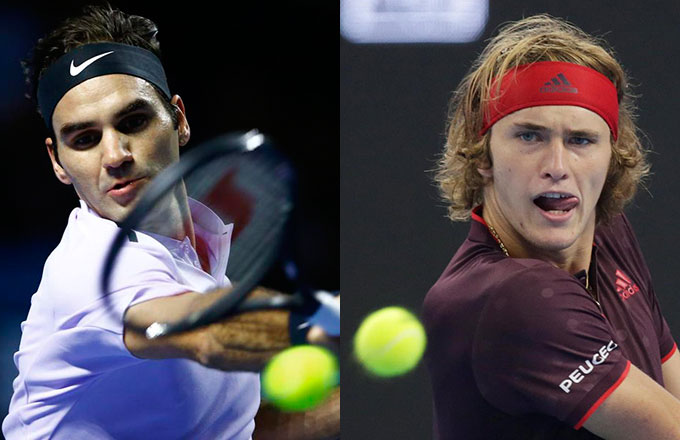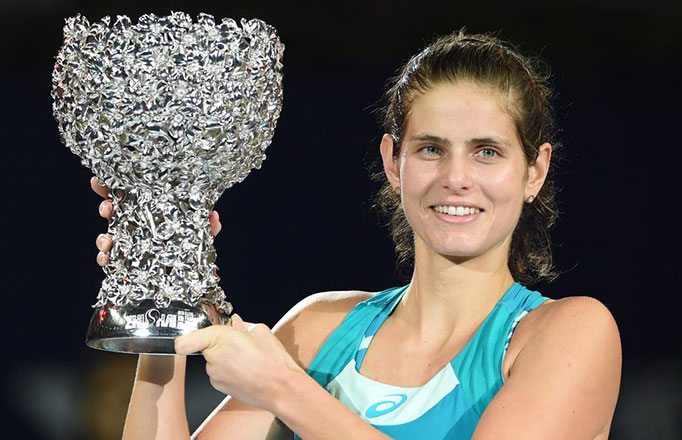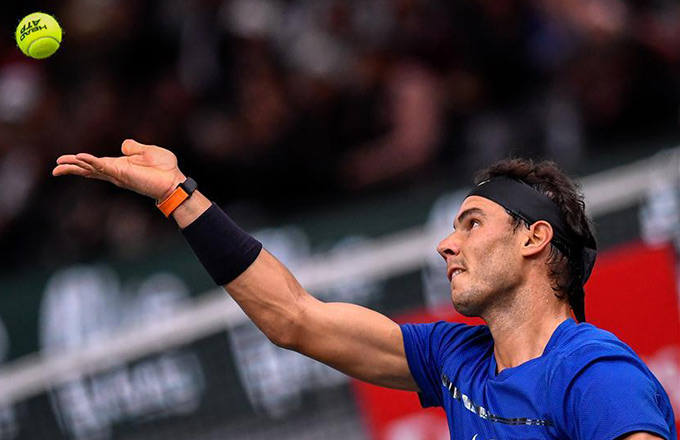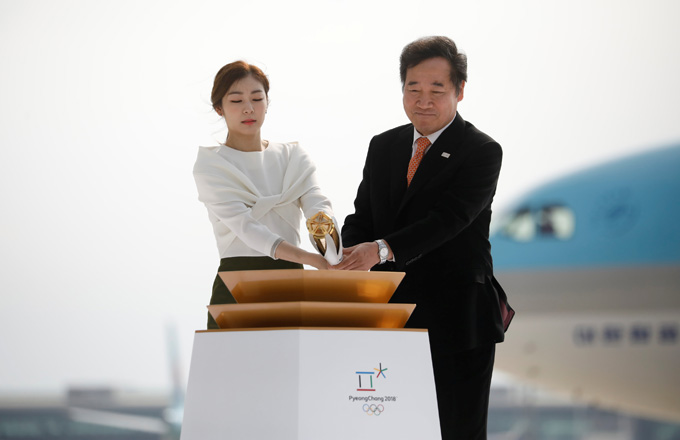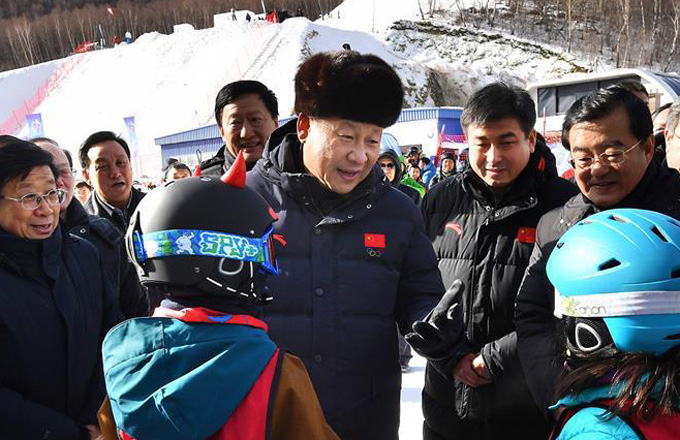Catering to the 21st century fan
|
Watching NBA games on a smartphone has become the norm in China. In the digital era, rights holders are motivated to provide more diversified content and services to sports fans. Provided to China Daily |
China's sports entertainment sector looks to keep pace with global trend
With the global sports industry embracing the digital era, insiders are urging China's fledging sports entertainment sector to provide more diverse content to cater to fans' ever-changing expectations.
Enjoying a televised game has become something of a luxury, replaced by on-demand livestreaming through smart phones and other portable devices. The immediacy of social media also poses challenges for the nation's sports sector to offer more mobile, personalized and interactive experiences for fans.
"The way fans consume sports content today has dramatically changed, so we need to shift and adapt to the new way of doing business," Caitlyn Chen, vice-president of Tencent, said at this week's Digital Sport Global Summit in Beijing.
Hosted by Tencent, a major internet service provider, the summit was attended by 700 officials, executives, scholars, athletes and media representatives to discuss the challenges and business opportunities of the new sports landscape.
How to maximize the value of staples like the NBA or the FIBA World Cup tournament by delivering them to fans through the right platforms is a crucial component in growing the industry.
"With fewer viewers watching traditional television, sports properties need to focus on new digital and immersive products to reach new audiences and deepen spectator engagement," said John Wolohan, professor of sports law at Syracuse University in New York.
A report by industry analyst Penguin Intelligence echoed Wolohan's assertion.
The number of viewers following Chinese Super League soccer on digital platforms, including websites, social media and mobile apps, is 14.5 percent higher than TV viewership, according to the report. And Nielson, a leading global measurement company, said 74 percent of China's 680 million internet users access sports information through mobile platforms.
Tencent's Chen said research has determined that 78 percent of the 8.1 billion views of the company's short videos of the 2016 Rio Olympics were made on mobile devices last year, while Wolohan said digital media access to such tailor-made content without the linear limits of TV is a huge draw to the young demographic.
"No longer are we watching the one game that the network decides is the one you are going to watch," he said. "Now we have choices even though they are not on TV. It allows fans to connect more closely with their sports teams and idols like never before."
Now in its third season, Tencent's five-year deal to serve as the NBA's exclusive digital partner provides for 1,345 games - about 95 percent of the 2017-18 regular-season and playoff schedules - to be livestreamed through its website and mobile apps.
Derivative services such as data analysis, behind-the-scenes interviews, interaction with stars on social media and mobile video games focusing on the NBA are expected to attract up to 453 million subscribers this season, up 13.3 percent from last year.
Still, Ewell Zhao, general manager of Tencent Sports, said demand keeps growing.
"It's not about just streaming a game for the fans to watch; it's about how to provide a package of sport-centered entertainment products that will offer a unique experience for the users," he said.
To fill the need, Tencent has expanded its business from broadcasting to organizing events.
In September, the second edition of the Tencent-hosted Super Penguin Basketball Celebrity Game became a hit sports-pop crossover show across China and the US, with NBA legends such as Paul Pierce and Ray Allen playing alongside Chinese entertainers including singer Kris Wu and actor Jiang Jinfu.
The happy reunion of Pierce and Allen after some hostilities when Allen left the Boston Celtics to sign for the Miami Heat in 2012 become a sensational topic on social media in the US.
As China rolls out a national strategy to grow the gross value of its sports industry to at least 5 trillion yuan ($753 billion) by 2025, more options will become available to boost ticketing, broadcasting and merchandizing revenues.
"The growth of the sports industry in our country should become more diversified by providing more intangible products and services to catch up with world powers such as the US," said Jiang Chongmin, a senior researcher at the China Institute of Sport Science.
According to the General Administration of Sport of China, the gross sports industrial value in China stood at 1.7 trillion yuan by the end of 2015, with 86 percent of that from the manufacturing and sale of sporting goods, while the Penguin Intelligence report shows that the sports entertainment and service sector contributed to a dominating 57 percent share of the total output of the industry in the US in the same year.
sunxiaochen@chinadaily.com.cn





